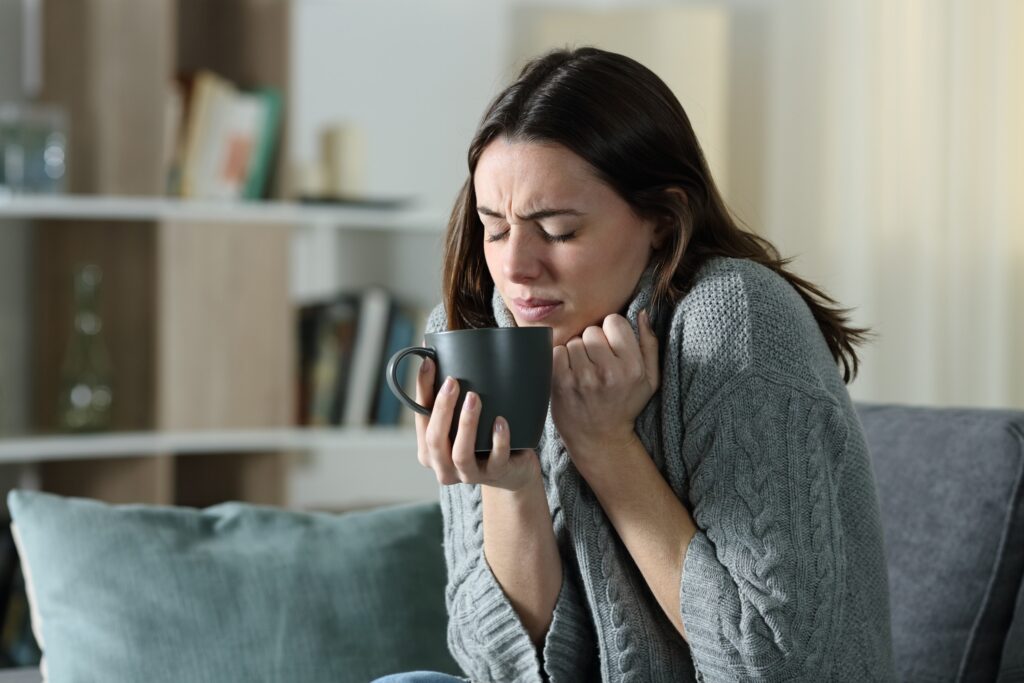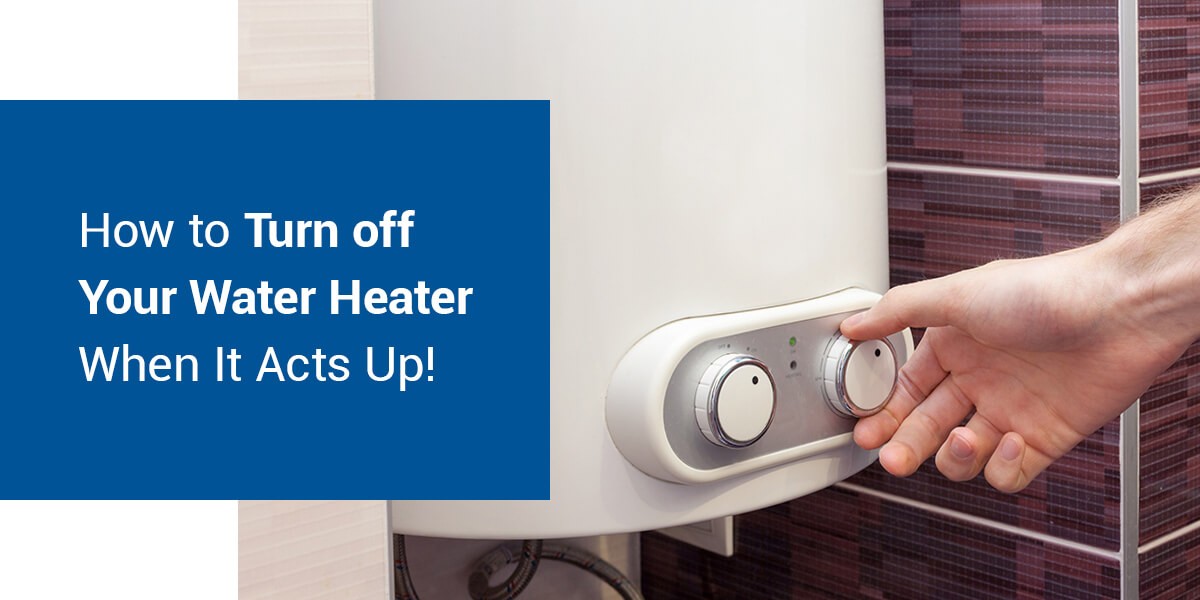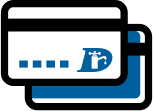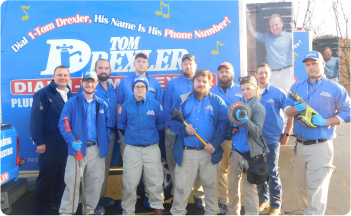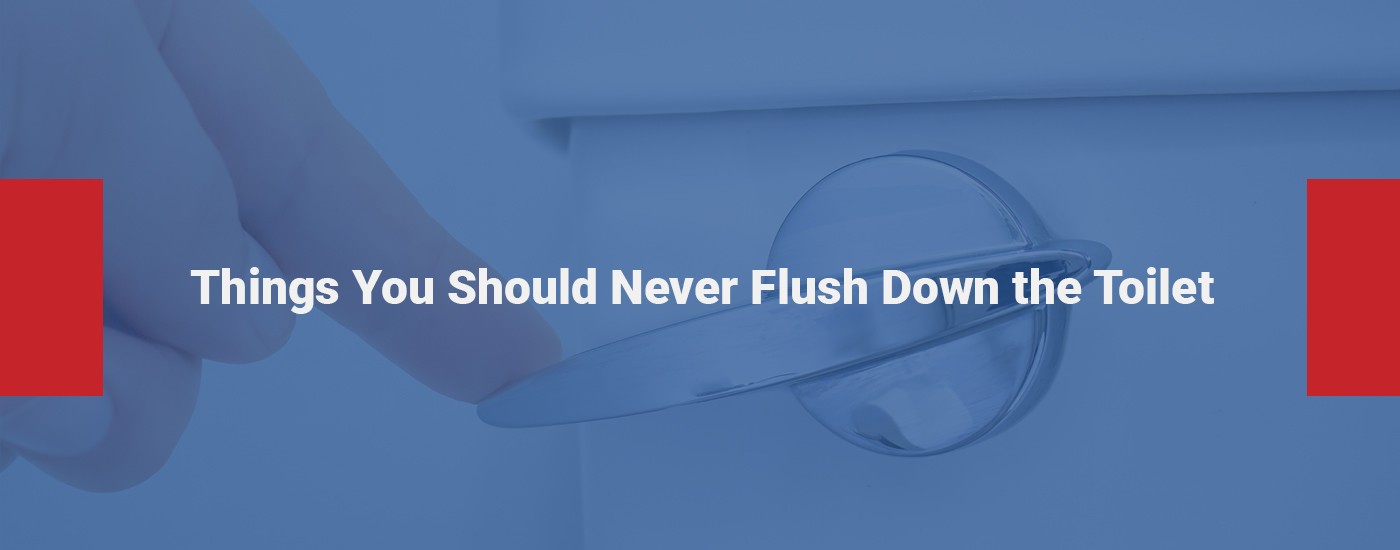
Toilets are designed to handle human waste and toilet paper—nothing more. Yet every day, people flush items they shouldn’t, thinking it’s a harmless convenience. Unfortunately, flushing the wrong things can clog your pipes, damage your sewer system, and contribute to environmental pollution. These mistakes can lead to expensive plumbing repairs, sewer backups, or even damage to your municipal system. Let’s take a look at some of the most common offenders—and what to do with them instead.
“Flushable” Wipes
Despite the name, most so-called “flushable” wipes don’t break down like toilet paper. They stay intact as they travel through your plumbing and often clump together, creating massive blockages in sewer lines. These wipes have been partially responsible for “fatbergs”—giant sewer clogs made of wipes, grease, and other debris.
Better option: Toss wipes in the trash, even if the label says they’re flushable.
Paper Towels and Tissues
Paper towels and facial tissues are built to be absorbent and durable, which makes them terrible for your plumbing system. They don’t break down easily and can quickly clog up pipes.
Better option: Dispose of them in the trash can or compost bin if appropriate.
Cotton Balls, Swabs, and Feminine Hygiene Products
These products are small but mighty when it comes to causing plumbing trouble. Cotton doesn’t dissolve in water—it expands. Tampons, pads, and applicators can absorb moisture and swell, leading to stubborn clogs and overflows.
Better option: Wrap them in toilet paper and dispose of them in the trash.
Dental Floss
It may seem harmless, but dental floss is made from nylon or Teflon—materials that don’t break down in water. When flushed, it can twist and tangle with other debris, creating large clogs and even damaging your plumbing system.
Better option: Toss the used dental floss in the trash.
Cat Litter
Even cat litter marketed as “flushable” can lead to problems. Most litter types harden when wet, which can block pipes. In addition, cat waste may contain harmful parasites that are not removed during wastewater treatment.
Better option: Scoop waste into a biodegradable bag and place it in the trash.
Grease, Fats, and Oils
You may be tempted to pour grease or oil into the toilet when cleaning up—but don’t. These substances harden as they cool, coating the insides of pipes and causing major blockages in both household and city sewer systems.
Better option: Let the grease solidify, then scrape it into the trash. You can also pour it into a sealed container and dispose of it properly.
Food Scraps
Flushing leftover food may seem like a quick cleanup solution if you don’t have a garbage disposal, but food doesn’t break down easily and can attract pests or clog your pipes—especially starchy or fibrous items like pasta and vegetable peels.
Better option: Compost what you can and throw the rest in the trash.
Hair
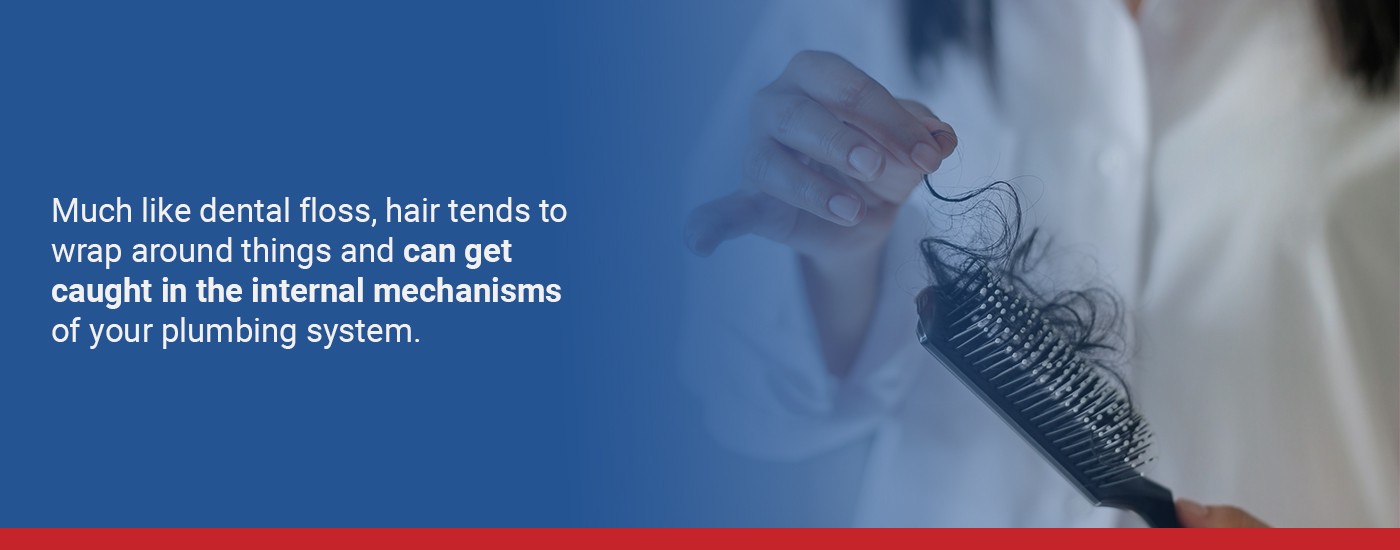
Hair acts like a net, catching other debris in your pipes and forming clumps that grow over time. Once tangled, these clogs are hard to remove without professional help.
Better option: Use a hair catcher in your drains and throw collected hair in the trash.
Harsh Chemicals or Medications
Flushing old medications or harsh chemicals might seem like a safe way to dispose of them, but they can harm wildlife and contaminate local water supplies. Wastewater treatment facilities aren’t equipped to fully remove these substances.
Better option: Look for local medication take-back programs or hazardous waste disposal days in your community.
Request Drain Cleaning From Tom Drexler
If you’ve flushed some of these items in the past, you’re not the only one—but your plumbing might be paying the price for bad toilet habits. Over time, non-flushable materials can build up in your pipes, causing slow drains, foul odors, or even sewer backups.
Tom Drexler Plumbing, Air & Electric offers professional drain and sewer cleaning to find and clear blockages so that you can keep your plumbing system flowing smoothly. Our highly trained, background-checked plumbers use advanced tools like video inspections and hydro jetting to tackle even the most stubborn clogs.
Are you experiencing slow drains or frequent clogs in your home? Contact Tom Drexler for expert sewer or drain cleaning today!



